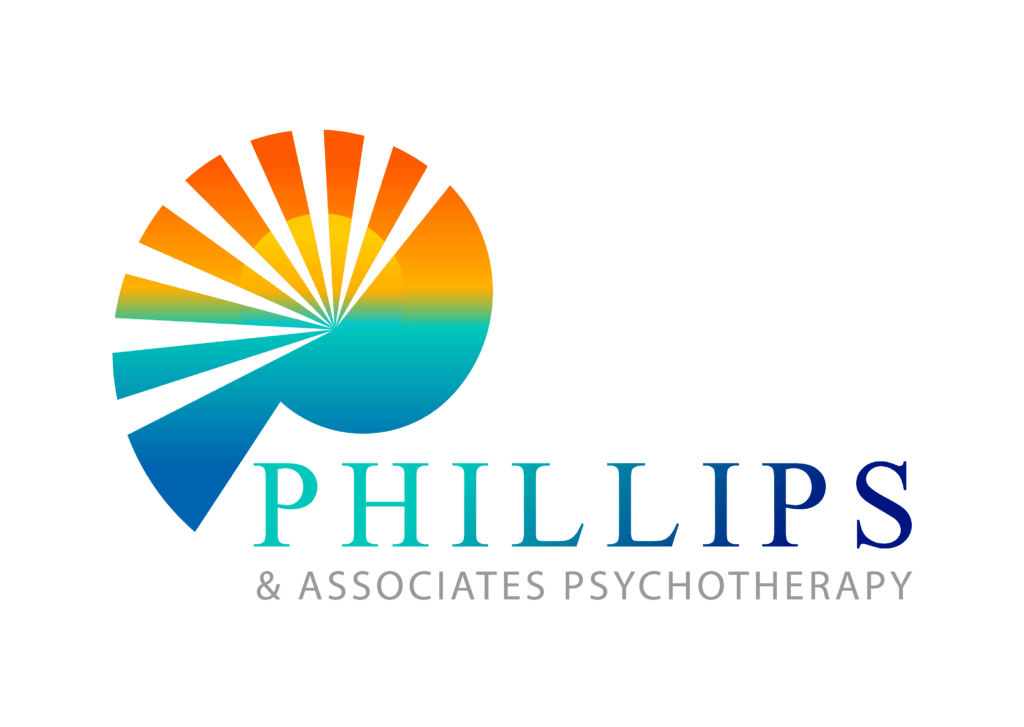In a world where mental health is increasingly recognized as vital to overall well-being, Cognitive Behavioral Therapy (CBT) stands out as a highly effective treatment. Whether you’re struggling with anxiety, depression, or PTSD, or simply intrigued by mental health therapies, understanding CBT can be illuminating. This blog post unravels the benefits of CBT, showcasing its relevance and effectiveness.
 The Core Principles of CBT
The Core Principles of CBT
Cognitive Behavioral Therapy is based on the principle that our thoughts, feelings, and behaviours are interconnected. By changing negative thought patterns, we can alter our emotional states and behaviours. Unlike other therapies that may focus on past experiences, CBT is goal-oriented and solution-focused, making it uniquely effective for various mental health conditions.
CBT differs from psychoanalytic approaches that dig deep into childhood experiences. Instead, it zeroes in on identifying and changing negative thought patterns. The structured nature of CBT, often involving homework assignments and active participation from the patient, sets it apart from more passive forms of therapy.
The collaborative effort between therapist and patient in CBT is another key principle. This partnership fosters a sense of empowerment in patients, allowing them to take an active role in their own recovery.
Benefits of CBT
CBT offers numerous benefits, particularly for those dealing with anxiety, depression, and PTSD. For anxiety sufferers, CBT can help recognize and challenge irrational fears, leading to reduced anxiety levels. The therapy provides practical tools and strategies for managing stress and anxiety in day-to-day life.
Depression can feel overwhelming, but CBT helps break the cycle of negative thinking. By identifying and challenging these thoughts, individuals can improve their mood and regain a sense of control over their lives. CBT’s structured approach also helps in setting achievable goals, fostering a sense of accomplishment.
For those with PTSD, CBT offers a lifeline. Techniques such as exposure therapy can help individuals safely confront traumatic memories and reduce their debilitating impact. The therapy also equips patients with coping mechanisms to handle triggers and flashbacks.
How to Access CBT
Finding a qualified CBT practitioner is the first step toward reaping the benefits of this therapy. Start by asking for recommendations from your primary care provider or searching online directories of licensed therapists. Many mental health professionals offer CBT, and finding one with whom you feel comfortable is crucial.
Online CBT programs offer an accessible alternative for those who prefer remote therapy. Platforms like BetterHelp and Talkspace provide virtual CBT sessions with licensed therapists, making it easier for individuals to access therapy from the comfort of their homes.
Community mental health centers and hospitals often have resources for finding CBT practitioners. Don’t hesitate to reach out and ask for guidance in finding a therapist suited to your needs.
 The Future of CBT
The Future of CBT
The future of CBT looks promising, with ongoing research highlighting its effectiveness for a broader range of conditions. Innovations in technology, such as virtual reality, are being integrated into CBT to create immersive therapy experiences. These advancements hold the potential to make CBT even more effective and accessible.
Research continues to explore the benefits of CBT for conditions beyond anxiety and depression, including chronic pain and substance abuse. The expanding scope of CBT underscores its versatility and potential to improve mental health outcomes for diverse populations.
The integration of artificial intelligence in CBT is another exciting frontier. AI-powered tools can offer personalized therapy experiences and augment the work of human therapists, enhancing the overall effectiveness of CBT.
Cognitive Behavioral Therapy is a powerful tool for improving mental health. Whether you’re dealing with anxiety, depression, PTSD, or simply curious about mental health therapies, CBT offers practical solutions and profound benefits. By understanding its principles and applications, you can take the first step toward better mental health.
If you’re ready to explore CBT further, consider reaching out to a licensed therapist or exploring online CBT programs. The path to better mental health starts with a single step, and CBT might be the key to unlocking your full potential.

